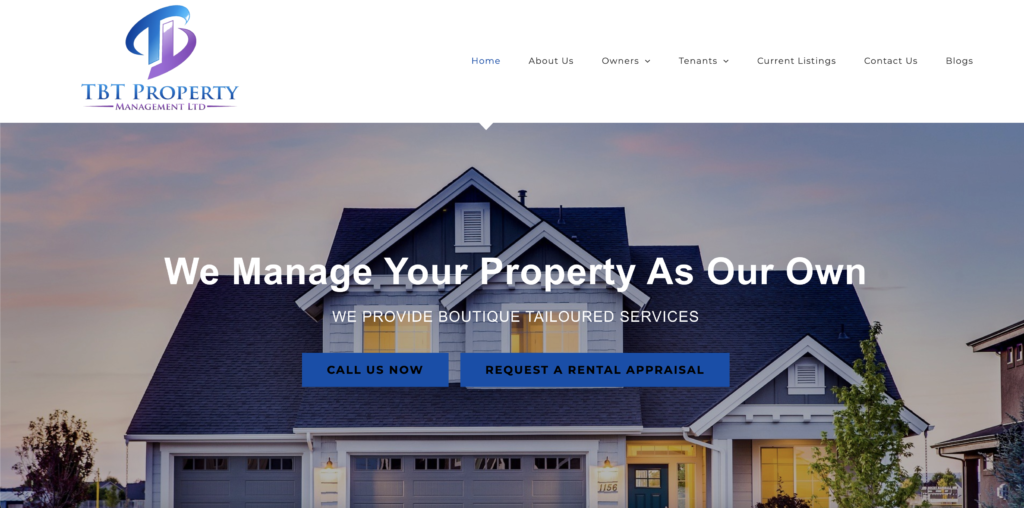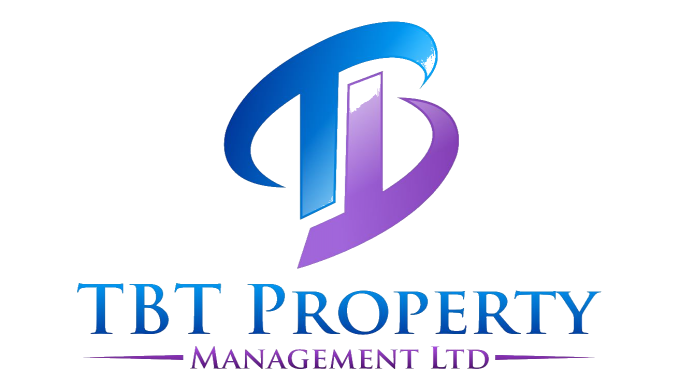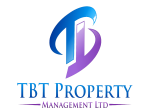
What Information Should Be Included in a Rental Property Tax Report?
Managing a rental property in New Zealand comes with more than just maintaining the home and collecting rent. One of the most important responsibilities for every landlord is preparing an accurate rental property tax report. Whether you own one investment home or manage several, having the right financial information ready can make your annual tax process smoother, faster, and more compliant.
At TBT Property Management, we understand that staying on top of property finances and tax records can be time-consuming. That’s why we help landlords across Auckland keep their reports clean, compliant, and ready for the end of the financial year.
Why Rental Property Tax Reporting Matters ?
The Inland Revenue Department (IRD) requires every landlord in New Zealand to declare their rental income and related expenses. A detailed tax report helps ensure you:
Pay the correct amount of tax.
Claim all eligible deductions.
Avoid penalties or compliance issues.
Track your property’s profitability over time.
Good record-keeping also gives you a clearer picture of your investment’s performance, helping you make informed decisions about rent adjustments, maintenance budgets, or potential renovations.
Key Information to Include in a Rental Property Tax Report
Preparing a complete and accurate rental tax report starts with knowing what to include. Below are the essential details that should be part of every landlord’s documentation.
1. Rental Income Details
Your report should list all income related to the property. This includes:
Weekly or monthly rent received.
Bond interest (if applicable).
Any one-off payments such as lease renewals or pet fees.
Insurance or compensation payments related to rental loss.
Keeping these records organised ensures you declare the correct taxable income.
2. Property Expenses and Deductions
You can claim a range of expenses against your rental income, provided they relate directly to earning that income. Common deductible expenses include:
Property management fees (for companies like TBT Property Management).
Repairs and maintenance (non-capital work).
Rates and water charges.
Insurance premiums.
Accountant or legal fees.
Mortgage interest (if the property qualifies under interest deductibility rules).
Advertising costs for finding new tenants.
Remember, capital improvements—like major renovations or extensions—are not immediately deductible but may be depreciated over time.
3. Maintenance and Repair Records
Every repair, from plumbing fixes to paint jobs, should be backed by receipts or invoices. The IRD may request proof that the expense was for maintenance rather than capital improvement. Keeping a digital or physical file of invoices helps protect you in case of an audit.
4. Property Management Fees
If you use a professional management company such as TBT Property Management, you can claim these fees as a direct expense. They include tenant sourcing, rent collection, inspections, and day-to-day management tasks. Documenting these payments accurately ensures you receive the full deduction you’re entitled to.
5. Depreciation on Chattels
Landlords can claim depreciation on chattels—the movable assets within the property. Examples include appliances, carpets, curtains, and furniture in furnished rentals. Recording the purchase date, cost, and estimated lifespan of each item helps calculate annual depreciation correctly.
6. Loan and Interest Information
If your rental property is financed by a mortgage, include details of the loan statements and interest payments. Recent changes to New Zealand’s interest deductibility rules mean it’s important to track which portions of your loan may still qualify for deductions.
7. Property-Related Documents
Keep a copy of key documents such as:
Tenancy agreements.
Property insurance policies.
Council rate notices.
Valuation reports.
Annual financial summaries from your property manager.
Having these easily accessible simplifies your year-end reporting and supports any expense claims you make.
How Professional Property Management Simplifies Tax Reporting
Many landlords find tax season stressful because of missing receipts or unorganised financial data. That’s where TBT Property Management adds real value.
Our team provides monthly and annual financial summaries, making it easy for landlords to see income, expenses, and maintenance costs at a glance. This means when it’s time to prepare your tax return, you already have the figures you need—accurate, itemised, and ready for your accountant or IRD submission.
When you partner with us, you don’t just get tenant management—you get complete property administration that supports your investment long-term.
Common Mistakes Landlords Should Avoid
Mixing personal and property expenses – always separate your rental transactions.
Not keeping receipts or invoices – digital copies are acceptable and easy to store.
Forgetting small costs like smoke alarms, inspection fees, or travel for maintenance visits.
Misclassifying capital expenses – improvements aren’t immediately deductible, so seek professional advice when unsure.
Avoiding these errors can save you from unexpected tax adjustments or IRD scrutiny later.
Get Your Property Tax-Ready with TBT Property Management
Keeping accurate financial records doesn’t have to be difficult. With professional support, clear reporting, and reliable documentation, your tax season can be seamless.
If you own a rental property in Auckland and want stress-free management with accurate financial tracking, TBT Property Management can help.
👉 Contact TBT Property Management today to discuss how we can simplify your property ownership and ensure your rental stays compliant, profitable, and tax-ready all year round.
Drive-by viewings are always welcome for our available listings, but please do not enter any property without prior arrangement.
TBT Property Management – We manage your property as our own.

